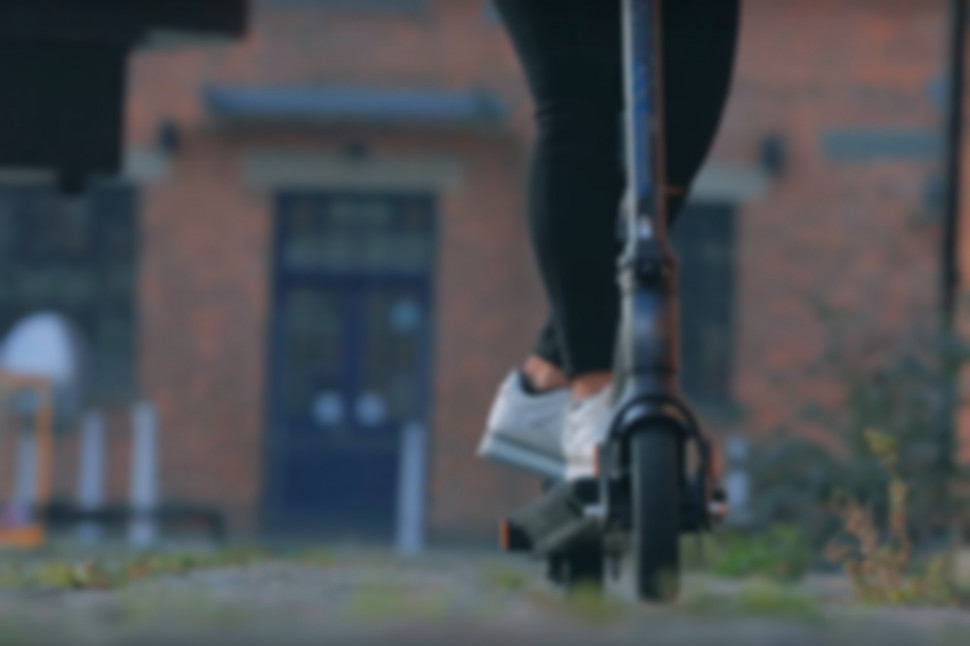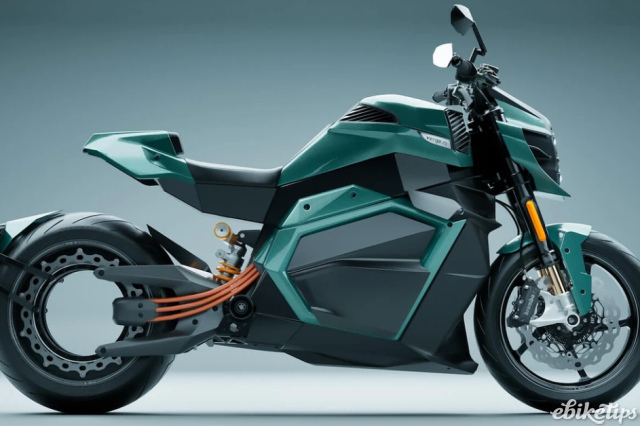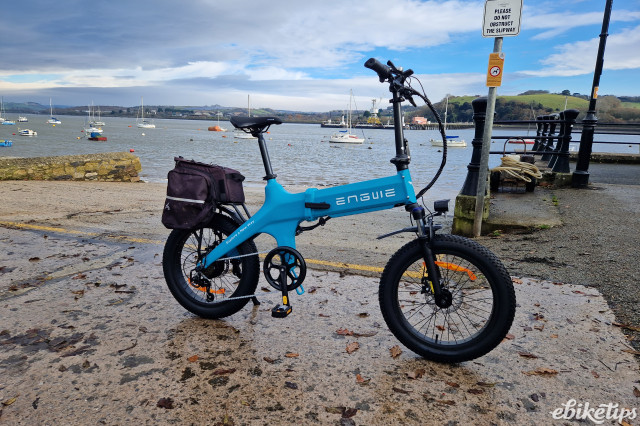We may need to rewrite our guide to when and where you’re allowed to ride an e-scooter. Transport Secretary Grant Shapps has indicated that privately owned electric scooters will be made road legal in the Queen's Speech on May 10.
To quickly sum up the current state of affairs with regards to e-scooters: only rental vehicles that are part of a government-approved share scheme can legally be ridden on public roads. (This includes some that can be rented on a long-term basis.)
Conversely, while it is perfectly legal to buy an e-scooter yourself, you can’t actually ride one anywhere other than on private property.
The resultant confusion has been a longstanding issue since the total ban on public e-scooter use was first lifted in July 2020; one that has only grown as the vehicles have proliferated.
The matter was raised at a Commons Transport Select Committee meeting last week, where MP Ben Bradshaw asked Shapps when the Department for Transport (DfT) would, "get a move on and properly license these things?"
Shapps replied: "I shall announce it on 10 May."
How the legalisation of privately-owned e-scooters would work is not perhaps as straightforward as you might think.
Hire scheme users must hold at least a provisional driving licence and vehicles are limited to 15.5mph – as with e-bikes.
Those stipulations may well remain if the relevant legislation is broadened beyond hire vehicles, yet many of the e-scooters that have already been sold can easily exceed that top speed. Selfridges were selling one that can do 50mph, for example.
We’ve also seen hire scheme operators automatically slowing scooters further in certain areas. Bird reduce e-scooter speeds to 8mph near schools, parks and shopping centres, while Beryl has implemented a 3mph zone on Bournemouth prom. Those kinds of restrictions are of course far simpler to impose when one operator controls all vehicles in the area.
"In the future, I want to crack down on the illegal use on roads of non-compliant e-scooters," said Shapps.
"We will take powers to properly regulate and then be able to decide the usage of them. They're a reality, they exist. If these things exist they need to be made safe, and I think the trials have been useful in gathering data and there's more data still to gather."
Speaking after the session, AA president Edmund King said: "The government is right to address this issue and bring in regulations rather than allowing some of our cities to be overrun like the Wild West with illegal scooters.
"Micro-mobility and e-technology can have a positive effect on movement in our cities but we must ensure that movement is safe."
The RAC’s head of roads policy Nicholas Lyes said that legalising private e-scooters was “a big step” and that it would be crucial their use was regulated to ensure safety.
“The concerns of groups including those representing visually impaired people must also be taken on board, as in the wrong hands e-scooters can cause serious injury,” he said.
“It’s also important to remember that road fatality numbers have plateaued in recent years, so it would be disastrous if a hasty decision to legalise all e-scooters led to an increase in deaths and serious injuries.”
A recent study from the Royal Society for the Prevention of Accidents (RoSPA) has claimed it is five times safer to ride an e-scooter than to ride a bicycle. It said its research showed that the risk the vehicles are often said to pose to pedestrians is not borne out by official casualty statistics.
> E-scooters and light electric mopeds get their own vehicle category in France’s traffic code







